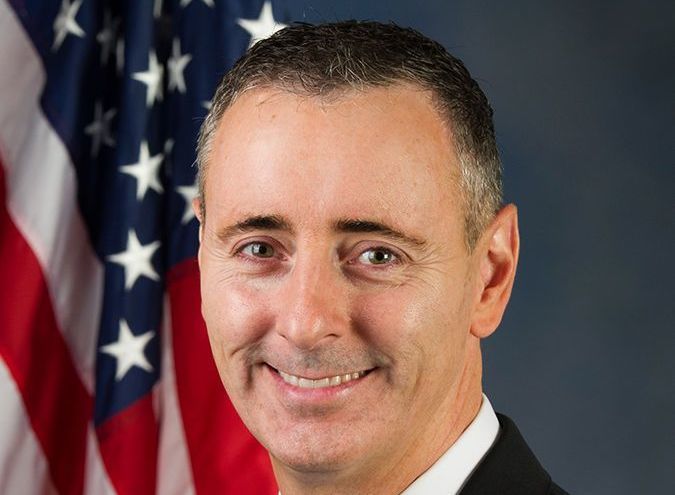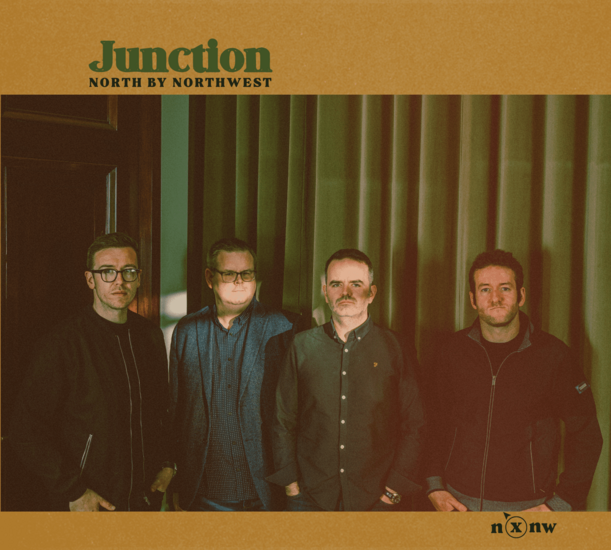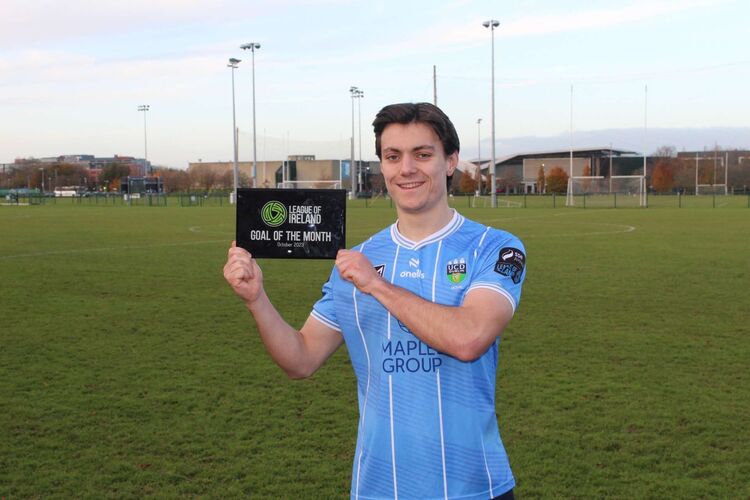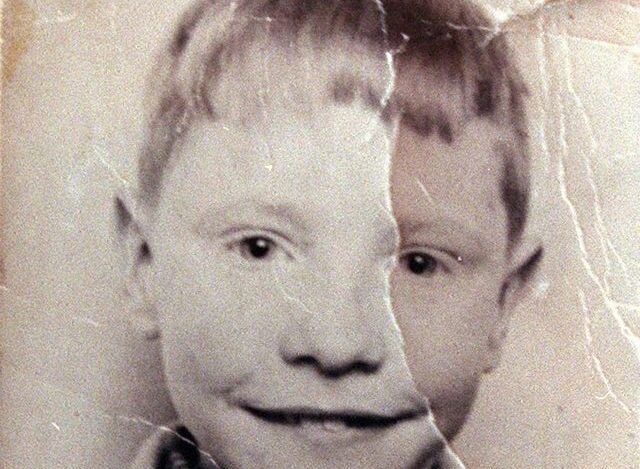Fiona O’Hagan and Una Casey, whose husbands were among 19 collusion murder victims named in the Operation Greenwich report, heard Congressman Brian Fitzpatrick (R-PA) announce a new congressional initiative opposing any British amnesty designed to end or inhibit investigations into Troubles murders.
The announcement came during an Ancient Order of Hibernian webinar on Saturday, January 29, an online gathering that was highlighted by the heartbreaking personal stories of two victims, and an overview of the Operation Greenwich report by Mark Thompson of Relatives for Justice.
The victims heard expressions of support from Irish government representative New York Consul General Helena Nolan, Senator Emer Currie, Sinn Fein representative Ciaran Quinn, and Peadar Toibin TD.
Said a release from the Ancient Order of Hibernians: "The Operation Greenwich findings of Royal Ulster Constabulary collusive behavior made by Police Ombudsman Marie Anderson were the latest legal proceedings upholding charges of British state culpability or complicity in murders. The 336 page report investigated RUC conduct in relation to 19 murders done by the UDA/UFF between 1989 and 1993.
"The AOH webinar, took place the day before the 50th anniversary of Bloody Sunday and was supported by other Irish American organizations including the IAUC, LAOH, Brehons and Irish Northern Aid."
The release stated that Congressman Fitzpatrick had opened the broadcast by announcing House Resolution 888, introduced by Massachusetts Congressman William Keating.
The House measure, dealing with justice for Bloody Sunday, also "Opposes any attempt by the British government to implement amnesty or statute of limitation laws that would end or inhibit investigations and prosecutions of crimes committed during the Troubles, including on Bloody Sunday."
Congressman Fitzpatrick called "the findings of collusion between the RUC with loyalists beyond deeply disturbing" and said "Britain is wrongly denying victims the truth they are entitled to and the justice they deserve."
Fitzpatrick has co-sponsored congressional letters to British Prime Minister Boris Johnson and U.S. Secretary of State House Antony Blinken against Britain’s amnesty plan, and was now urging the AOH, and members of other Irish American organizations, to call Congress members to support this initiative.
Fiona O’Hagan said her husband, Bernard O’Hagan, a lecturer at Magherafelt Technical College, "became a target" after he won election for Sinn Fein to the local council and had agreed to run for Westminster. He was followed, stopped and subjected to body searches by RUC and Ulster Defense Regiment patrols on his way to work or Council meetings. His file was among 254 found at the home of a loyalist, who served with the UDR, and RUC files containing his personal details were displayed at a public dump. However, the RUC never warned him he was at risk.
Bernard O’Hagan, the father of three young children, was murdered when he arrived at the college on September 16, 1991. As Fiona described the scene of her husband's murder: "There were no checkpoints. UDR members were parked at the side of the road laughing and joking. There was no serious effort to stop anybody."
Continued the webinar release: "Despite promises of progress reports about the hunt to catch the killers, she was never even contacted by the RUC or PSNI. She felt ‘this report validates what we said from the day of the murder, that there was collusion between state forces and the killers.’
"She said of Britain’s amnesty plan ‘There is no justice if you do what Boris said- draw a line under it and move on. That is an insult to every victim of the Troubles.'
"Her husband had carried a memorial card for another murdered councilor, John Davey, which contained the words ’For my sake and in my name live on and do all things the same.' She urged those listening to keep up the fight for justice in that same spirit."
The webinar heard also of the murder of Gerard Casey and participants heard this description: "Una Casey was in bed alongside her husband, Gerard Casey, on April 4, 1989 when he was murdered. Loyalists broke down their door with a sledgehammer, proceeded directly to the bedroom and shot him in front of her and their infant child. Six months earlier, RUC members had taken Gerard Casey into Castlereagh Barracks and told him 'he would be shot and it would be blamed on loyalists.’
"The RUC had confiscated his legally held shotgun, which he might have been able to use to protect himself, and drew a detailed map of the house. One member of the UDR had attended intelligence briefings by the RUC and British Army which could have helped plan the murder.
"For months prior to the murder, there had been vehicle checkpoints saturating the area, but these checkpoints were withdrawn days before the murder."
Una said: "We knew from the day of the murder, by the way we were treated and how the RUC and UDAR reacted there was collusion." The RUC and UDR continued to threaten and intimidate her and her children until they moved to Donegal. Una Casey was insulted by a senior RUC member who called Gerard Casey a criminal, because he had been an IRA Volunteer. Una Casey said "Gerard was not a criminal but a patriot."
Mark Thompson, of Relatives for Justice gave an overview on the implications of all 19 cases, as the British plan new British to halt Ombudsman proceedings in legacy cases.
He began by praising the dignity and courage of all of the victims’ families who kept on seeking truth despite British efforts to block them. He said that loyalist killer gangs were "armed, directed and controlled by the British," part of a strategy to rearm and re-deploy loyalists, overseen at the highest levels of British intelligence. They recruited agents at command levels of loyalist groupings; allowed weapons to be imported to loyalists from South Africa; gave them intelligence files on targets; shepherded killers to murder sites, and insured there would be no investigations or records kept.
Representing the Irish government, New York Consul General Helena Nolan praised the courage of Fiona O’Hagan, Una Casey and other victims, and called the issue of legacy justice a "great priority and strong focus of the Irish government and particularly of Foreign Minister Simon Coveney."
Consul General Nolan said the British amnesty proposal "is not one which the Irish government could support."
The Irish government opposed any unilateral changes in the Stormont House Agreement legacy mechanisms that were agreed after intense negotiations.
Senator Emer Currie of Fine Gael spoke about an all-party motion in the Irish Seanad unanimously rejecting Britain’s Command Paper legacy proposals. She said Britain’s amnesty proposals were "not just a lockdown on law but also a suppression of truth and justice. Without criminal investigations, how do you get to truth?"
Peadar Toibin TD, of Aontu, said that "what the British are trying to do is get away with murder … but when a state murders its citizens, it is especially chilling, especially wrong."
He said: "Republicans were pursued and jailed but British forces were never even investigated."
Sinn Fein representative to America, Ciaran Quinn, said that the nineteen collusion killings "were not something that began in the late 1980s, but were part of an orchestrated British policy to intimidate Republicans and nationalists."
This policy of intimidation was behind Internment 1971-5, the Ballymurphy Massacre, Bloody Sunday, shoot-to-kill, and the collusion killings in the late 80s and early 90s. It had never succeeded.
Other speakers included AOH National President Danny O’Connell, Vice President Sean Pender, and Freedom for All Ireland Chairs Dolores Desch for the LAOH, and Martin Galvin for the AOH.









